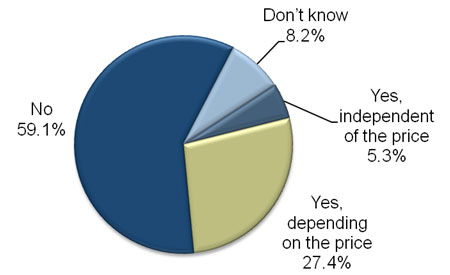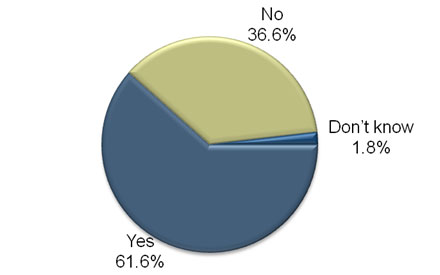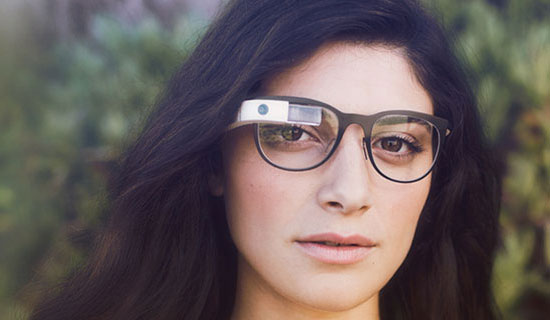Whatever happened to Google Glass? In the early days — was it just a year ago? — people got punched in bars, bounced from movie theaters, and pulled over in cars for wearing them, and some establishments outright banned “glassholes” from their premises.
Google claimed the white “Cotton” beta model sold out when it held a one-day sale of Google Glass Explorer for United States residents at US$1,500 a pop in April.
However, nine of 16 Glass app devs contacted by Reuters said they had suspended work on or abandoned their projects, and three others said they’d switched from consumer apps to developing business apps.
Twitter reportedly has stopped offering a Google Glass app, though about 100 large firms, including Facebook, still do.
Former lead developer Babak Parviz, electrical engineering head Adrian Wong, and director of developer relations Ossama Alami all have left Google Glass.
Bleak Google Glass House
The Glass Collective to fund Google Glass app and hardware developers, set up jointly by Google Ventures, Andreessen Horowitz and Kleiner Perkins, has gone away — clicking on its link takes you directly to the main Google Glass page now.
The launch date for Google Glass, which was understood to be sometime this year, never was clarified, but it reportedly has been pushed back to 2015.
Nearly 60 percent of 971 respondents to a survey conducted by Frost & Sullivan said they would not buy Google Glass if they could, while 27 percent said they would, depending on the price.

Nearly 62 percent of about 1,600 respondents to another Frost & Sullivan survey said they’d heard of or seen Google Glass, while about 37 percent had not.

In July, 46 percent of 970 Internet-using adults surveyed by Glass Almanac didn’t know what Google Glass was.
More than 66 percent of nearly 1,800 respondents to another Glass Almanac survey in July said Google Glass did not interest them.
It’s Just Growing Pains
Glass is going through the same growing pains PCs and smartphones did, “which is to say that there’s not a strong enough use case for most consumers to be interested,” Matt McGee, founder of Glass Almanac, told TechNewsWorld.
“There are many fantastic use cases for Glass in business settings — healthcare, education, travel, employee training and more,”he continued. Google “should focus very heavily on the Google At Work program to help connect developers with businesses or industries that want to explore how they can use Glass. It’ll take time for consumers to see value in Glass.”
Online retailers don’t provide a clear picture of the demand for Google Glass.
There are 193 of the devices on eBay, priced from $500 to just north of $1,800.
On Amazon, they’re available at prices ranging from $1,200 to $2,200.
It’s the Marketing, Guys!
Google has to take “a radically different approach” if Google Glass is to succeed, said Mike Jude, a program manager at Frost & Sullivan.
“They introduced the eyewear as a social networking tool rather than an AI virtual assistant,” he told TechNewsWorld. “Then they rolled it out very slowly … exciting all the wrong people and introducing concerns over privacy.”
The device would have been better received if Google had introduced it first to a niche market such as the hearing impaired, Jude suggested.
While There’s Life There’s Hope
Google “has effectively killed this product, but it could be revived with a substantial marketing effort and a more finished, better priced, attractive product,” said Rob Enderle, principal analyst at the Enderle Group.
“However, they now have to dig themselves out of the hole they’ve created, making this effort more expensive and risky than it would’ve been if they’d done their testing in private,” he told TechNewsWorld.
Still, if roughly 50 percent of people on the Internet don’t know about Google Glass, this could be good, “because [they] don’t have a negative perception of it that will need to be reversed at great expense,” Enderle suggested.
“At this point, the less people that know about the Alpha version,” he said, “the better the final version will likely do.”























































